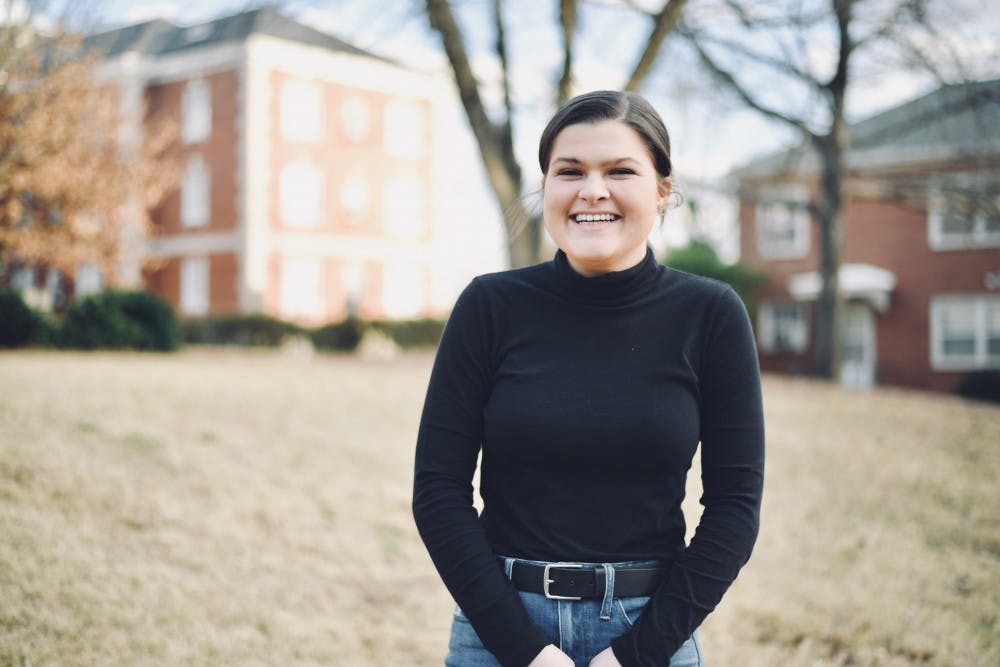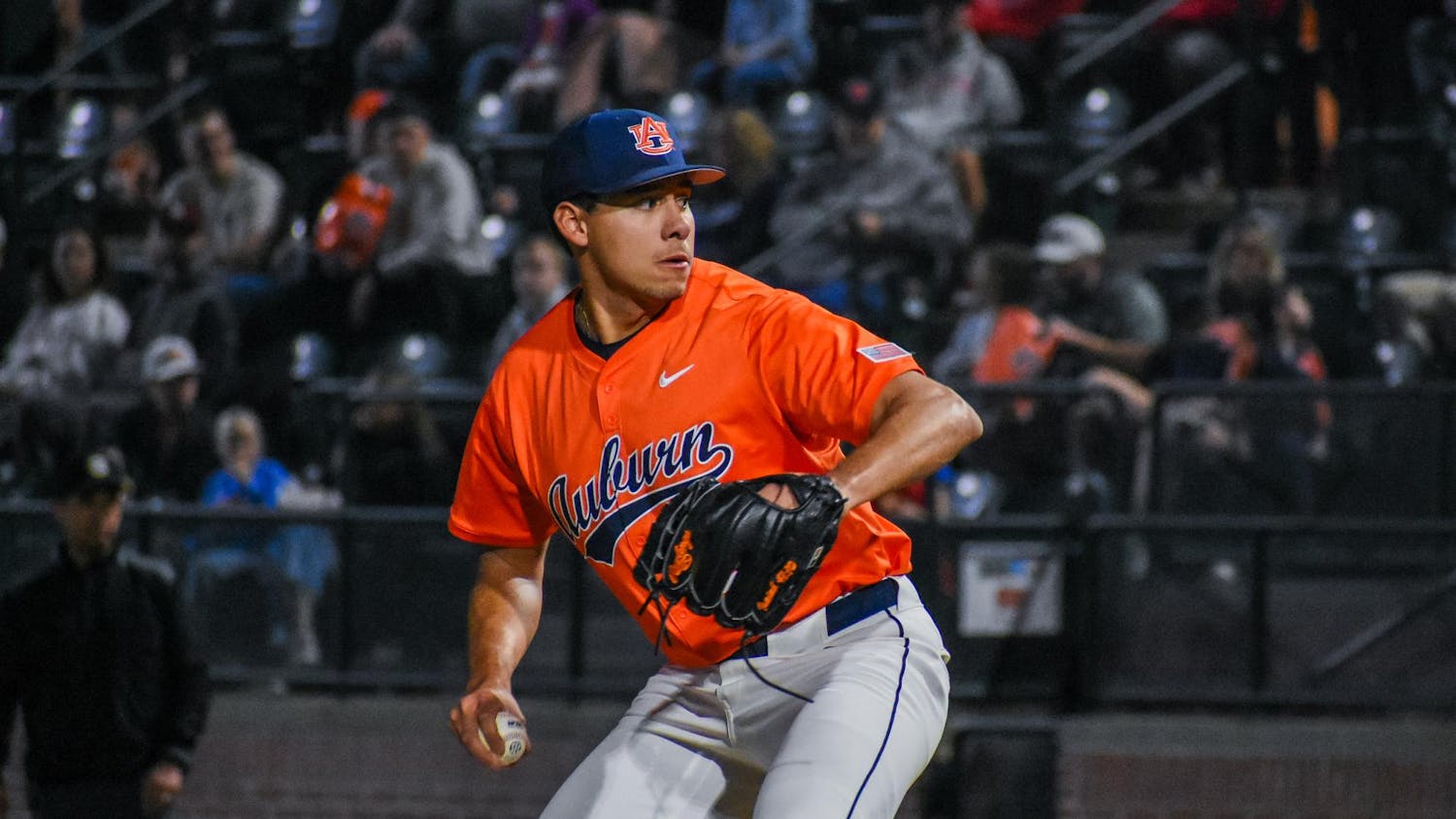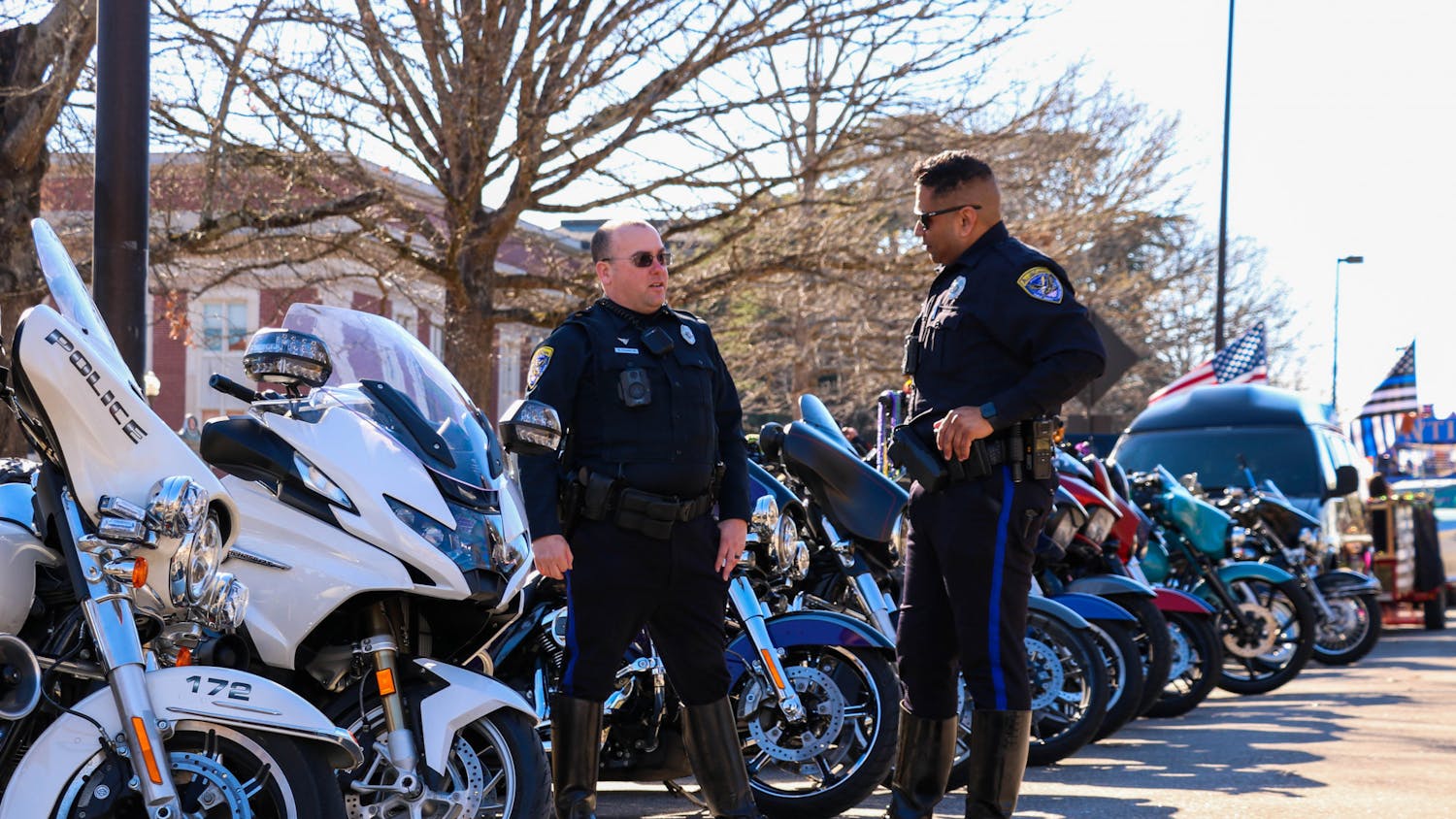For Regan Moss, freshman in microbial biology, first interacting with human trafficking wasn’t seeing a blurb on Twitter or reading a missing-child poster in Walmart. It was a much more personal experience, and it has had a life-altering impact on who she is and what she plans to do for the rest of her life.
“My first exposure to human trafficking was in high school,” Moss said. “A sister of one of my classmates went missing, and it was believed she was trafficked. At that point in time, all I did was rant about the sex industry alongside some feminist jabs, which wasn’t very productive.”
Because of that experience in high school, Moss had the realization that she had a passion for the issue of human trafficking, but she also realized that she wasn’t very informed on the subject. After the initial shock of what happened to her classmate’s sister, she wanted to learn more about what making a difference might look like.
One night, Moss sat down to watch a documentary on ethical and sustainable fashion, an umbrella term for how people go about getting clothes that are ethically designed and manufactured as well as produced in an environmentally sustainable process.
That evening, it clicked that getting educated on the wasn’t enough.
“I actually didn’t end up finishing the documentary and instead, grabbed a bowl of ice cream — a weird pairing, I know — and stayed up reading about child labor and human trafficking,” Moss said. “Since then, I have been actively reading and watching and interacting with different media to educate myself.”
When Moss came to Auburn as a freshman, she came across an undergraduate research opportunity through Tiffany Sippial, director of the Honors College and associate professor of history in the College of Liberal Arts. Moss pursued an opportunity with RESTORE, a research team focused on sex trafficking.
Currently, Moss is also a research assistant for Lauren Ruhlmann, assistant professor in human development and family studies.
Moss was approached by Ken Thomas, associate director of the Honors College, about the college hosting events pertaining to human trafficking during January, which is Human Trafficking Awareness and Prevention Month.
“[Thomas] was very supportive and helpful,” Moss said. “I was able to host an event on Jan. 9 at Cup at Cater. People were able to come and drink ‘free-trade coffee’ and read about human trafficking via some posters and infographics and additionally grab blue ribbon and pins.”
Moss also partnered with Free Fab’rik, a non-profit organization that provides free shopping sprees to young women in need, to host a month-long clothing drive. All the clothes donated will go to women who have escaped or been rescued from the sex-trafficking industry.
“The dignity and inherent value of these women were totally ignored through their experience in the sex industry,” she said. “Free Fab’rik is really helping these women start to recognize their worth by providing them with free and fashionable clothes that they can be confident in as they reintegrate.”
Through her research, Moss has acquired a large knowledge base about human trafficking, including the statistic that 40.3 million have been affected by trafficking. What she found even more disturbing was that 80 percent of victims come in contact with a medical professional while being trafficked, illustrating how it can be present while still underground. One aspect that Moss tries to be an advocate for is that people’s everyday actions can support trafficking without the person realizing it. Little things most don’t think about, such as shopping at stores that use slave labor or drinking coffee produced by trafficking victims, make all the difference, Moss said.
“Even though most people aren’t actively choosing to support slavery, unfortunately, we are at the end of a supply chain in which slaves were used in raw-materials processing,” Moss said. “So many of the things that we buy — goods and services — are produced through human trafficking. I drink coffee — excessively, actually — and I’ve become a very conscious consumer in this regard.”
Looking toward the future, Moss hopes to not just continue with her research but also continue to increase the amount of on-campus events next year. Additionally, Moss is working on a presentation for the Southeastern Council on Family Relations and will be attending a human-trafficking conference in early February.
Moss said that an important way to help is to report any suspicious activity someone might notice to the national human trafficking hotline, which is 1-888-373-7888. One point that Moss emphasized is that when someone learns about human trafficking, it’s important that they join the effort to put an end to it. Each person has a responsibility to speak up for the victims who can’t speak for themselves, she added.
“Human trafficking is a societal issue,” Moss said. “Not everyone recognizes the dignity and value that each human possesses. Unfortunately, I don’t know if that’s something that can be taught. A way to start is to show that you value the lives of those around you.”
Do you like this story? The Plainsman doesn't accept money from tuition or student fees, and we don't charge a subscription fee. But you can donate to support The Plainsman.





